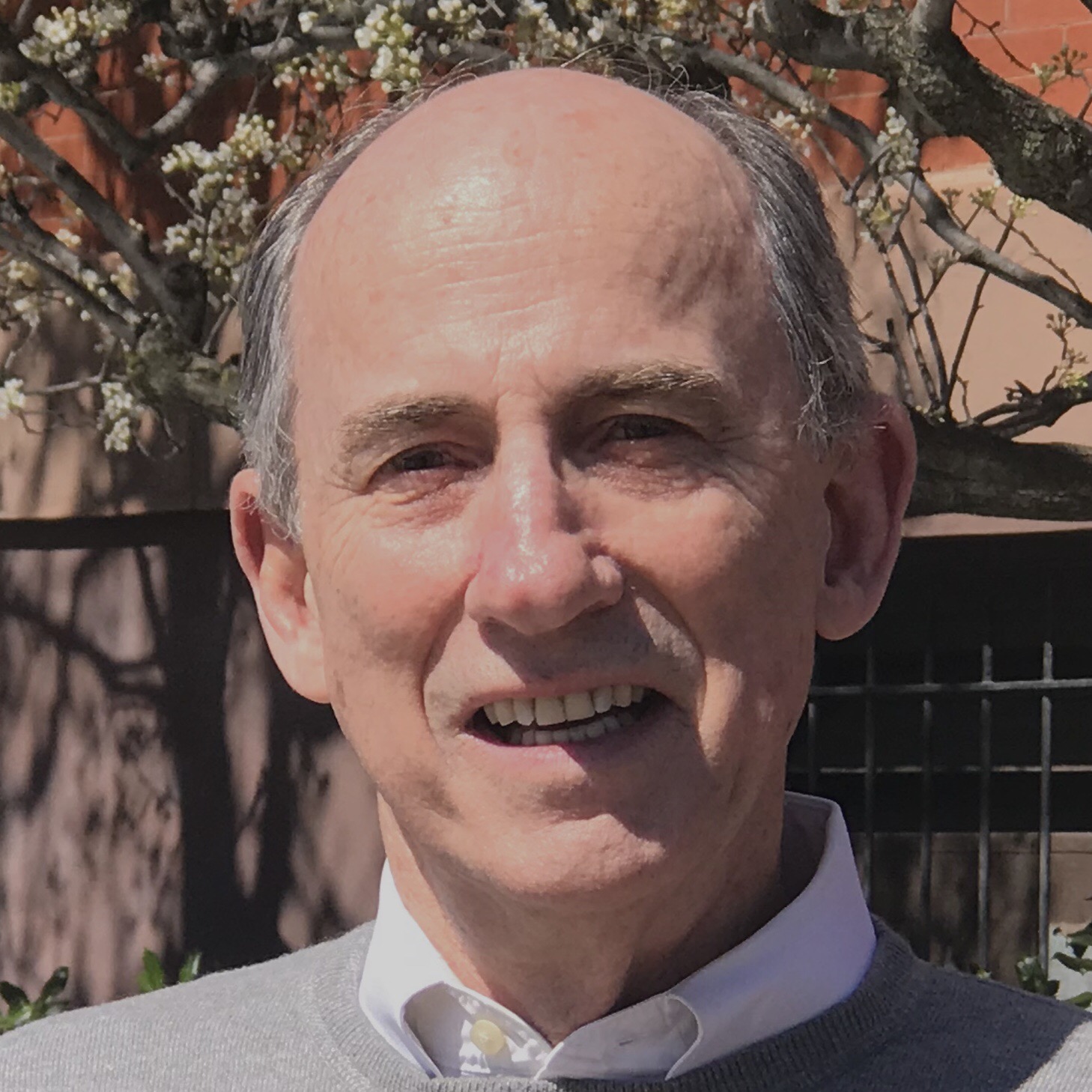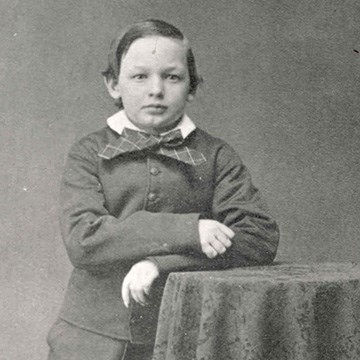Lincoln is Renominated, But Doubts Remain
- John O’Brien

- Jun 7, 2024
- 3 min read
By John A. O'Brien
Denver, Colorado
Friday, June 7, 2024
Another in a series of blogs about the tumultuous year of 1864, exactly 160 years ago.
The National Union Convention met in Baltimore and, on June 8, 1864, nominated Abraham Lincoln for a second term as president of the United States of America.
Lincoln had met with Edwin Morgan, the Republican national chairman, in February to lay out their plans for a convention that would attract War Democrats along with faithful Republicans. They knew that Lincoln’s re-election would be difficult. Lincoln left Morgan with a free hand to organize the best possible convention strategy. He made two requests. If Morgan thought it necessary, Lincoln agreed that Benjamin Butler would be an acceptable compromise replacement for Vice President Hannibal Hamlin, whoever would be best for the ticket.
Second, Lincoln insisted that the campaign platform include a demand for a constitutional amendment to end slavery. After that, Lincoln remained uninvolved in any of the convention issues. John Hay would tell inquirers that the president believed that "the Convention must be guided by their own views of justice & propriety."

There had been many warning signs that re-electing Lincoln would be challenging. In February, one of his own cabinet members was bold enough to signal competition for the party’s nomination. Secretary of the Treasury Salmon Chase had permitted his friend Sen. Samuel Pomeroy to circulate a paper that asserted Chase would stand a better chance of election. A Lincoln biographer noted that Chase was one of the best cabinet officers “before he fell in love with his own goodness.” When Lincoln confronted him, Chase backed down, denying any foreknowledge of the circular. Then, in May, some Radical Republicans held a rump convention in Cleveland to condemn Lincoln and nominate John C. Fremont for the presidency. When informed of the number in attendance at the convention, Lincoln quoted the Bible's description of David’s desperate supporters in the cave of Adullam: “And every one that was in distress, and every one that was in debt, and everyone that was discontented, gathered themselves unto him, ... and there were with him about 400 men.” He predicted that this insurgent movement would soon collapse.
Though Lincoln secured his renomination at the National Union convention, there was little enthusiasm for him; he won by using the spoils system practice of stacking the party convention with delegates who owed their jobs to him. Attorney General Edward Bates wrote in his diary, "The Baltimore Convention… has surprised and mortified me greatly. It did indeed nominate Mr. Lincoln, but… as if the object were to defeat their own nomination. They were all (nearly) instructed to vote for Mr. Lincoln, but many of them hated to do it…." The Chicago Times sneered that Lincoln could lay his hand on the shoulder of any one of the "wire-pullers and bottle-washers" in the convention hall and say, "This man is the creature of my will."
But William Lloyd Garrison undercut the opposition of the Radicals with his endorsement of Lincoln. Abolitionist Owen Lovejoy added his support, noting that if Lincoln was not “the best conceivable president,” he was nevertheless “the best possible.” With the politics beginning to fall into line, the final result would be driven by the voter turnout generated by the success of Union arms over the summer of 1864.




Comments